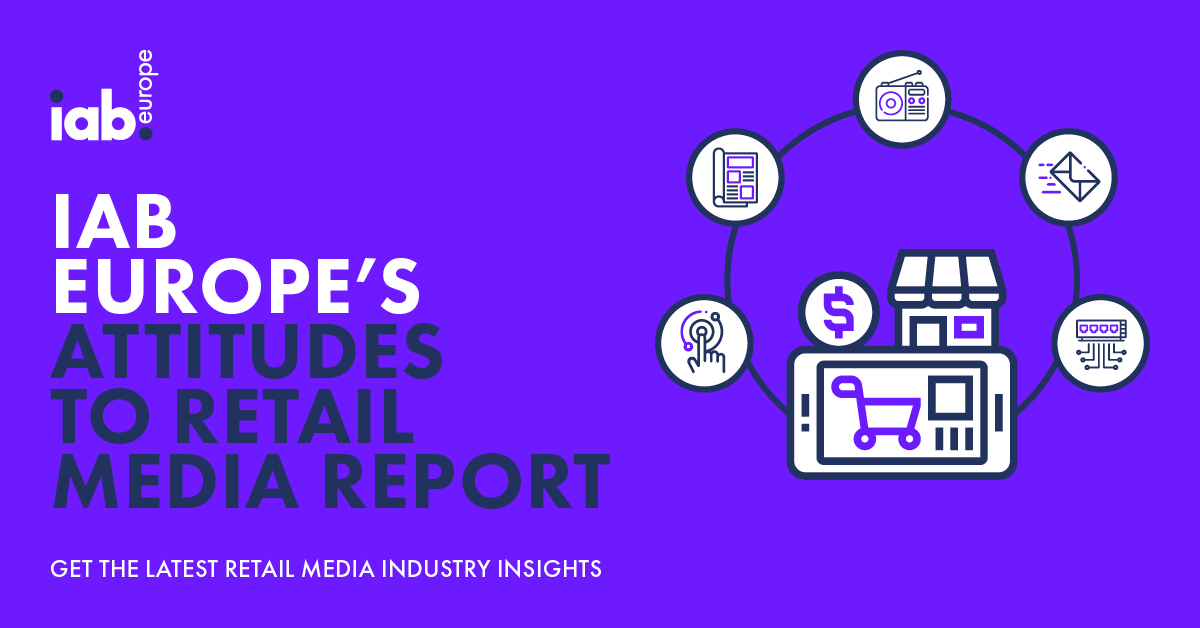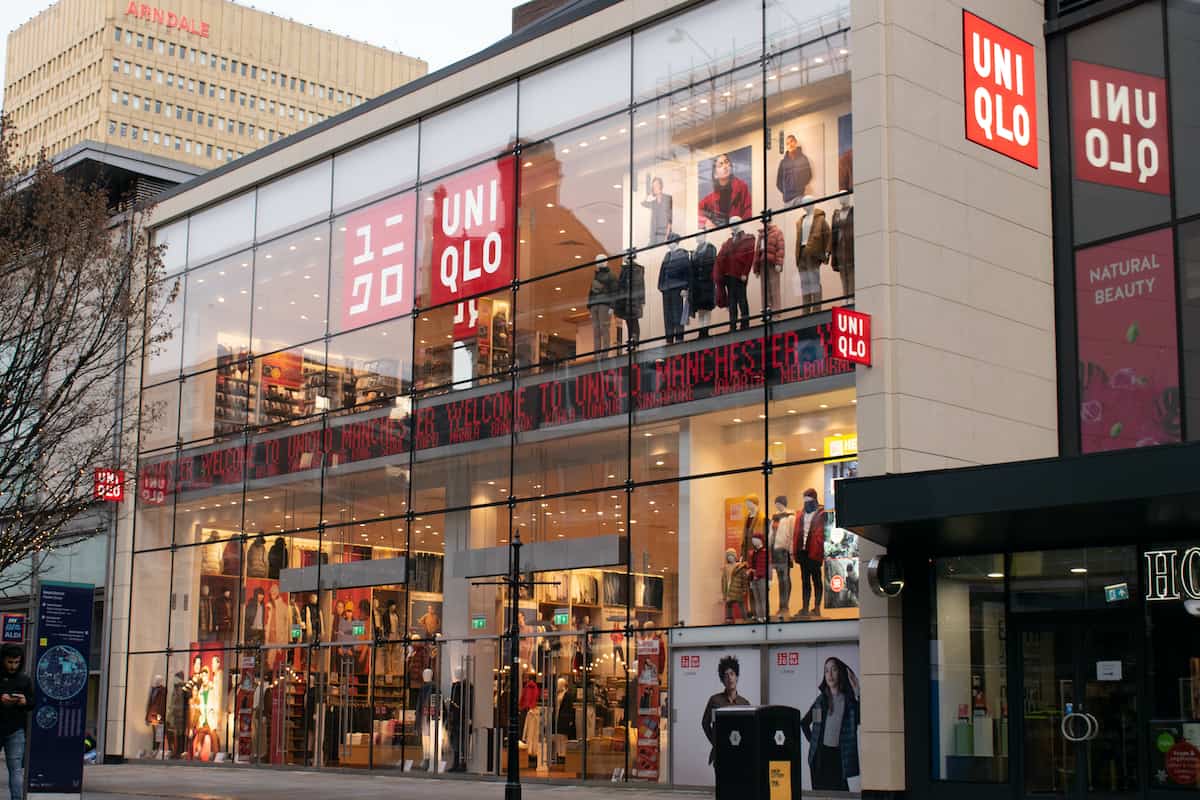More than two thirds of UK shoppers rely on online reviews when deciding what to buy, making them an essential part of any retail media campaign, a new study shows.
As Black Friday ushers in the busiest shopping season of the year, a survey from Reputation reveals a significant shift in UK consumer behaviour, with 68% of consumers now turning to online reviews as their primary source for purchasing decisions. This reliance surpasses recommendations from family and friends (24%), brand claims (18%) and opinions from influencers and media (both at 2%), highlighting the growing influence of peer feedback.
In the face of economic downturns, 51% of consumers note that reviews become even more critical. Reliance on peer feedback has surged from 30% to 55% among budget-conscious shoppers seeking confidence in their spending. Deals and discounts remain influential, but for 68% of Gen Z shoppers, customer reviews are nearly as significant, suggesting a nuanced approach to value where quality and peer validation intersect.
The research shows that younger generations are spearheading this trend in the UK. An overwhelming 79% of Gen Z and 78% of Millennials prioritise online reviews above all other sources, indicating a generational shift towards digital trust mechanisms. Even during the holiday shopping frenzy, customer reviews (57%) outweigh in-store experiences (49%) and social media influence (22%) in guiding purchase decisions.
What does it mean for retail media?
There is a significant connection between retail media and online product reviews, primarily driven by how both elements influence consumer behaviour and purchasing decisions.
Firstly, retail media networks allow brands to integrate product reviews into their advertising strategies, providing consumers with comprehensive information at critical points in their purchasing journey. This integration can enhance the shopping experience by offering reassurance through positive feedback from other customers.
As these reviews are often perceived as more trustworthy than first-party information directly from the retailer, reviews play a crucial role in building trust and brand cred.
The presence of reviews within retail media can also drive consumer engagement through this social proof, which is a powerful motivator in the decision-making process. Consumers are more likely to purchase products that have been positively reviewed by others.
The ability, then, to link advertising efforts directly to sales allows brands to measure the impact of product reviews on conversion rates. This closed-loop measurement provides insights into how reviews influence purchasing decisions and helps optimise future marketing strategies.
The imperative for businesses to engage and respond
“British consumers are relying on online reviews more than ever,” says Joe Burton, CEO of Reputation. “For businesses, this is a clear signal to prioritise exceptional customer experiences and actively engage with feedback. In an era where many consumers actively seek out negative feedback, responding thoughtfully can be a game-changer in building trust and driving growth, especially during pivotal periods like Black Friday.”
The report emphasises that timely responses to reviews significantly impact consumer perceptions. Businesses that reply within 24 hours see a 33% increase in the likelihood of consumers improving their ratings. Moreover, the recency of reviews is crucial – 67% of consumers value feedback from the past three months.
As the holiday shopping season intensifies, the survey’s findings highlight a critical need for businesses to take a proactive approach to online reputation management. The combination of increased reliance on reviews and concerns over AI-generated content means that authenticity and responsiveness are more important than ever.
“Listening and responding to customers fosters trust and shows that their opinions genuinely matter,” continues Burton. “In a competitive environment, especially during the holidays, staying engaged keeps brands relevant, trusted and ahead of the competition.”
Navigating trust in the age of AI
Amid this growing dependence on online reviews, nearly half of the respondents (49%) express concerns about the authenticity of AI-generated reviews. With 87% admitting difficulty in distinguishing between genuine and AI-created feedback, trust remains a pivotal issue.
Millennials are 50% more adept at identifying fake reviews compared to Boomers and see AI as a double-edged sword, with nearly 25% saying the technology could enhance review reliability.
The impact of negative reviews
Negative feedback plays a substantial role in the decision-making process. Approximately 52% of consumers actively seek out negative reviews, and 70% report that such feedback heavily influences their purchasing choices. This tendency is most pronounced among women and Millennials (both at 73%), emphasising the importance for businesses to not only accumulate positive reviews but also address negative ones promptly and effectively.









